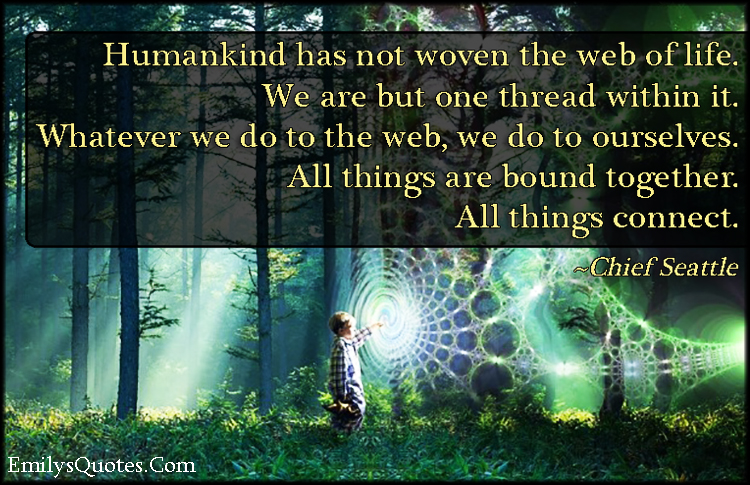‘THE RECYCLING PROBLEM: A FEEL-GOOD STORY THAT’S TOO GOOD TO BE TRUE’
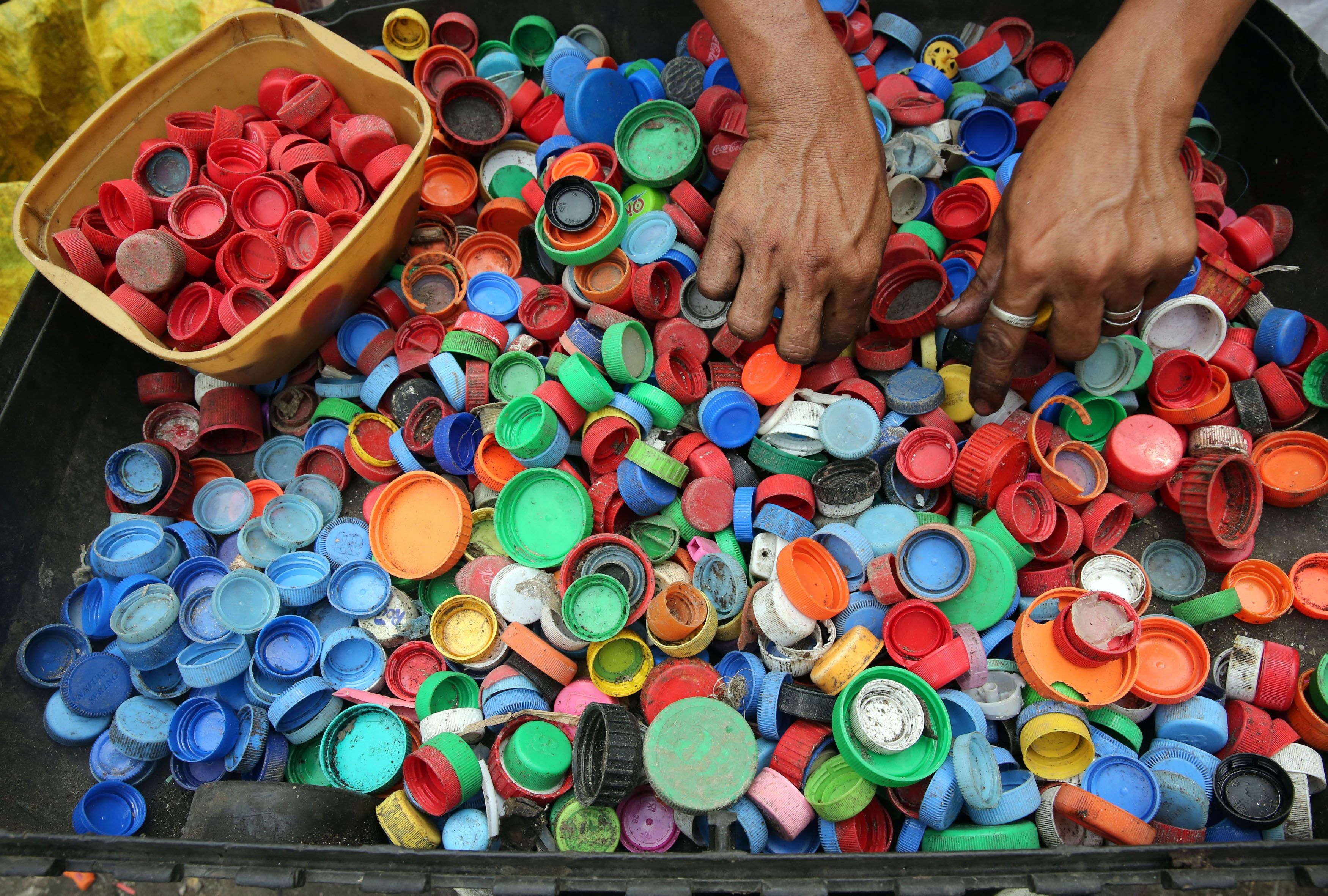
‘Recycling feels good. It seemingly gives us power to control our own habits for the benefit of our planet.
We can even call people out for not recycling (shame!), reinforcing our own green behavior.
But that feel-good sentiment might just be a placebo effect.’-
THE RECYCLING PROBLEM: A FEEL-GOOD STORY THAT’S TOO GOOD TO BE TRUE. Photo:earthday
See also: How Big Oil Misled The Public Into Believing Plastic Would Be Recycled
Nota bene
Given who I am, what I believe in and what I do, I never ever could have imagined that one day I can be in agreement with anything that Boris Johnson may say. But, now, there is one exception:
The Prime Minister was speaking to a press conference with children in Downing Street ahead of the COP26 climate change summit on what action young people want to see world leaders take on climate change, where he said: “The issue with plastics is that recycling isn’t the answer, I’ve got to be honest with you.”...“You’re not going to like this, but recycling doesn’t begin to address the problem. You can only recycle plastic a couple of times. And what you’ve got to do is stop the production of plastic, stop the first use of plastic. Recycling is a red herring.”
Well said Mr. Johnson, Our life is plasticised!
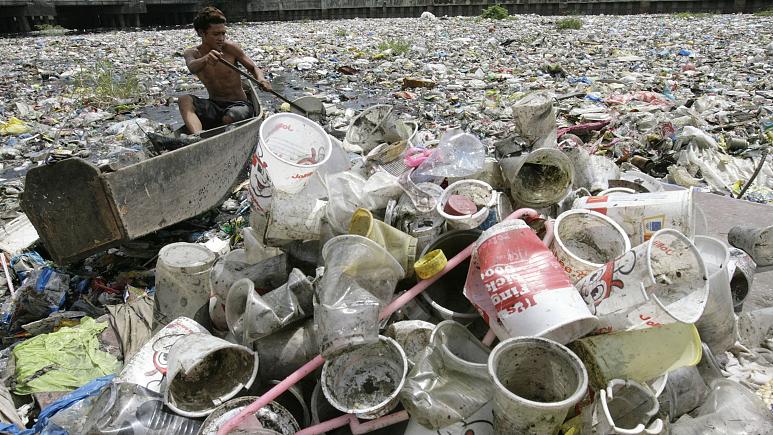
Photo:Why recycling is not the answer for fighting the plastic pollution problem
A Plastic Bag’s 2,000-Mile Journey Shows the Messy Truth About Recycling
By Kit Chellel and Wojciech Moskwa Via Bloomberg
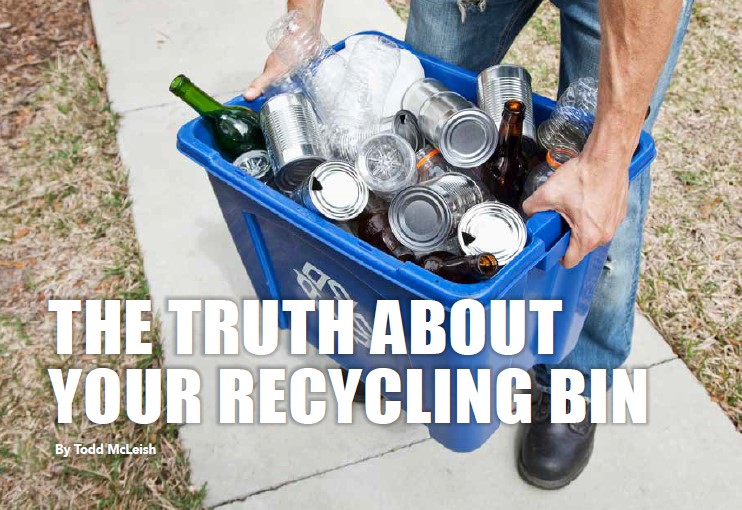
Photo: Via Audubon Society of Rhode Island
‘When the British supermarket chain Tesco Plc first started collecting plastic bags and wrappers from customers to be recycled in March 2021, Caroline Ragueneau was thrilled. She was working as a retail assistant at a Tesco store in southwest England when the first white deposit boxes appeared, promising to turn what’s typically discarded back into something useful. Plastic is a notorious source of pollution: unsightly on land, deadly to marine wildlife. Ragueneau, 56, an enthusiastic environmentalist, proudly told friends about the initiative.
In August, Tesco announced it was expanding the pilot to all its biggest outlets. Shoppers from Cornwall to Cumbria were invited to return snack packets, shopping bags, and vegetable packaging. Soon after, the company rolled out a national advertising campaign, featuring an image of a young father with a baby in his arms and the words: “Recycling soft plastics shouldn’t be hard.”
The problem was, as Ragueneau knew from her activism, recycling plastic is hard—especially the material Tesco is collecting. Unlike the clear, standardized plastic used in soda bottles, soft plastic can be stretchy or crinkly or colored, or “metalized” with a reflective coating. It needs to be sorted by hand into different grades, so it can be washed, shredded, melted, and filtered for impurities before being turned into new products. This happens to only about 6% of the U.K.’s soft plastic.
Baffled by the claims, Ragueneau emailed her bosses to ask exactly what was being recycled and how. The company didn’t provide her with clear answers. At the store where she worked, she watched as wrinkled crisp packets filled the bins outside and then disappeared into a supposedly sustainable second life. She couldn’t quite fathom how. “I never worked out where they were taking the plastic,” she said.
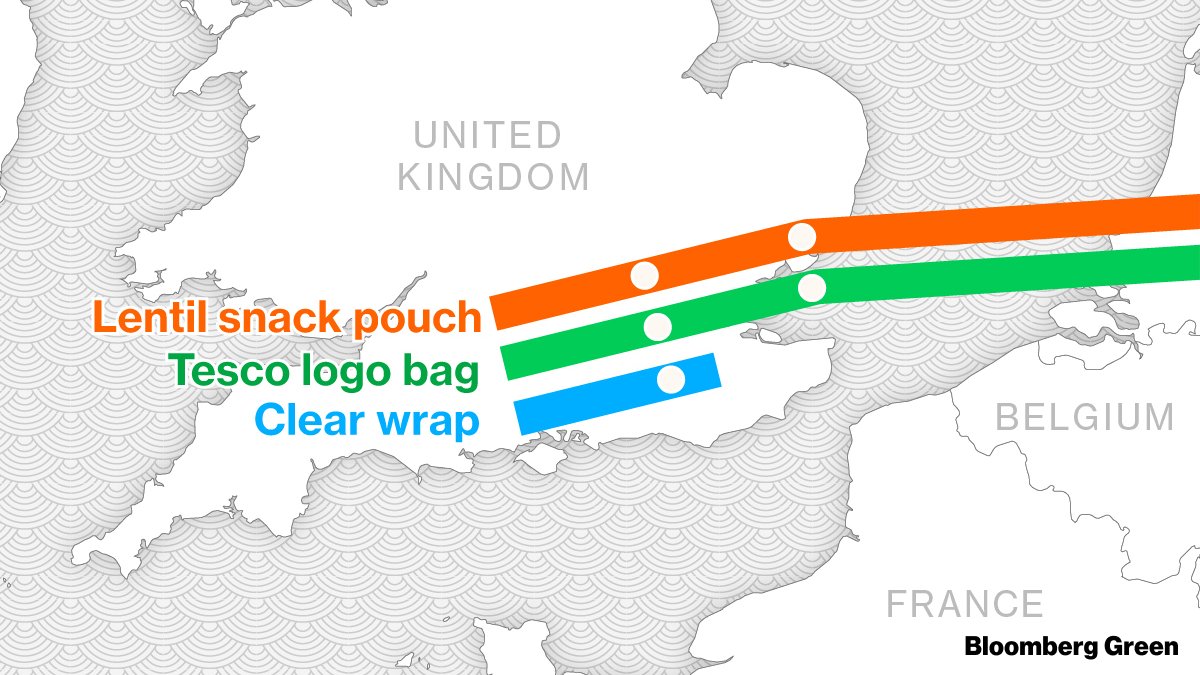
The only way to know for sure would be to follow the garbage. And that’s exactly what Bloomberg Green set out to do. We placed tiny digital trackers inside three used plastic items—film that covered some bok choy, a lentil-puff snack pouch, and a Tesco-branded shopping bag—and deposited them in Tesco storefront collection bins around London. The idea was to find out, definitively, what happens to the plastic waste generated by the U.K.’s biggest supermarket chain.
It was the start of a journey that would cross seas and continents, revealing a netherworld of contractors, brokers, and exporters, and a messy reality that looks less like a virtuous circle and more like passing the buck…’-Continue to read
A Plastic Bag’s 2,000-Mile Journey Shows the Messy Truth About Recycling: Watch the Video HERE
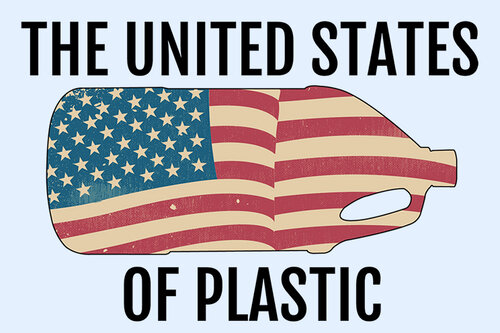
Photo Via UpstreamSolutions
Americans' plastic recycling is dumped in landfills, investigation shows
Plastic wrapped in plastic: the wasteful reality of America's grocery stores
Why are we burning our recycling?
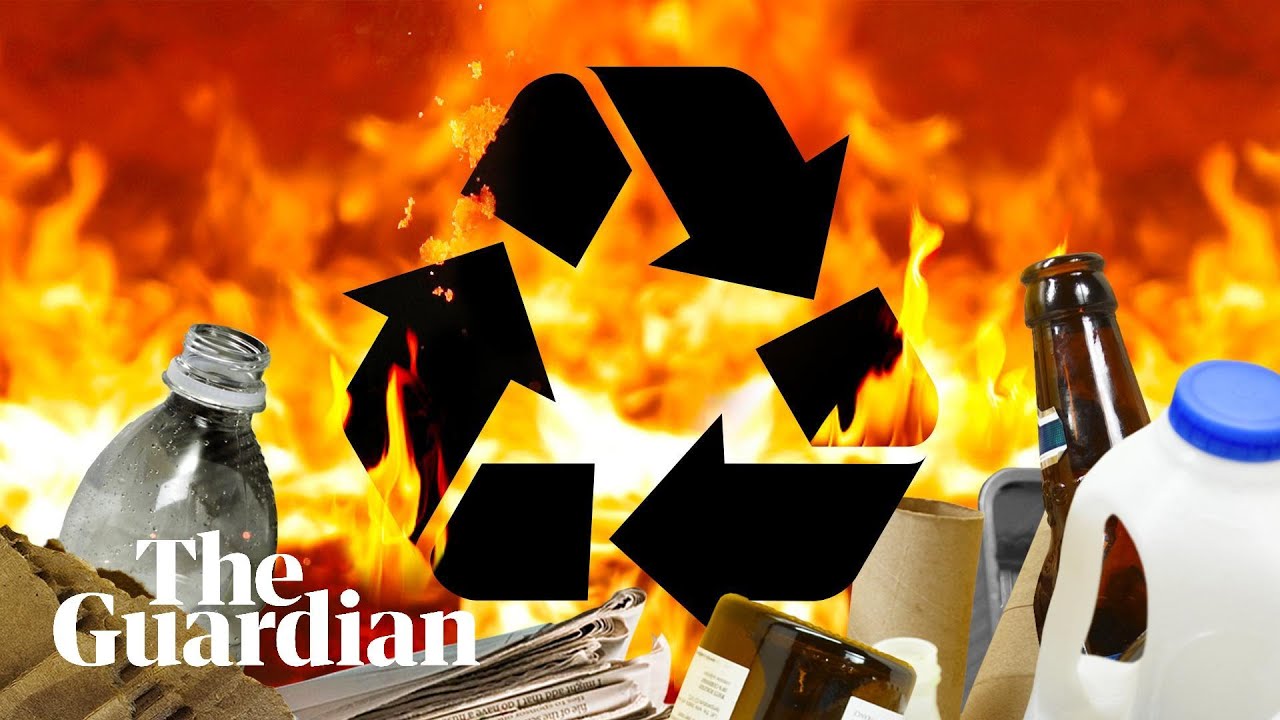
Watch the Video HERE
Lest We Forget: The Best Recycling is the British Milkman
…And this is what we have been doing since 1974, thanks to our milkman, Derek Arch and his son
(Two pints a day in, two previous day’s bottles taken away)
Britain’s oldest milkman still delivering to over 300 homes at the age of 88
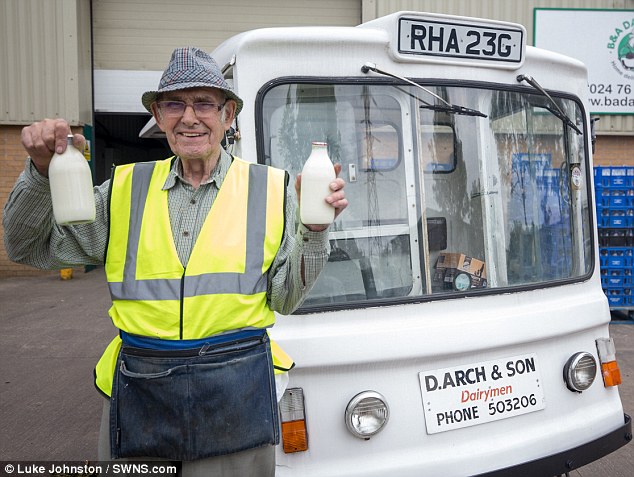
The Time is Now to Take Action.
‘Time is running out for a world at risk…threats that were considered inconceivable, no longer are.’
A Call to Action from Our Children and Grandchildren.
We Must Not Let Them Down!
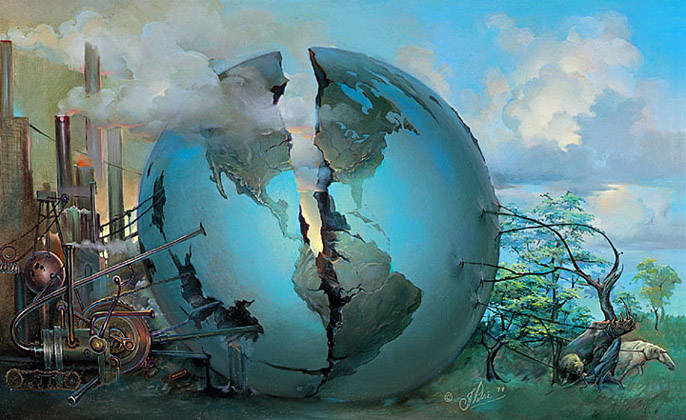
Photo:littlesun.canalblog.com
How to Build a Better and more Sustainable World and Save Mother Nature
A Pick from our GCGI Archive
'Western societies tend to see nature and humanity as separate.
But are there other ways of relating to the natural world?’
'Heaven is my father and earth is my mother,
and I, a small child, find myself placed intimately between them.
What fills the universe I regard as my body;
what directs the universe I regard as my nature.
All people are my brothers and sisters; all things are my companions.’- Zhang Zai (1020–1077)
We are not the Masters, We are the Servants: Time to Reassess our Relationship with Nature
‘In all my academic life, spanning over four decades, I have been dismayed, frustrated and overwhelmed with pain to notice that our education model has not embraced the beauty and the wisdom of our mother nature and our sacred earth, corporating them into the teaching curriculum.
This, to my mind, has seriously deprived the students, our future leaders, or indeed, our current leaders, to get a wholesome, values-led education, and thus, has prevented them, to vision and implement policies to heal our world, to better our lives.’- Kamran Mofid
Land As Our Teacher: Rhythms of Nature Ushering in a Better World
On the 250th Birthday of William Wordsworth Let Nature be our Wisest Teacher
Nature the Best Teacher: Re-Connecting the World’s Children with Nature
Detaching Nature from Economics is ‘Burning the Library of Life’
‘Nature and Me’: Realigning and Reconnecting with Mother Nature’s Wisdom- A Five Part Guide
Ten Love Letters to the Earth: “Walk as if you are kissing the earth with your feet”
‘Nature and Me’: Realigning and Reconnecting with Mother Nature’s Wisdom- A Five Part Guide
GCGI is our journey of hope and the sweet fruit of a labour of love. It is free to access, and it is ad-free too. We spend hundreds of hours, volunteering our labour and time, spreading the word about what is good and what matters most. If you think that's a worthy mission, as we do—one with powerful leverage to make the world a better place—then, please consider offering your moral and spiritual support by joining our circle of friends, spreading the word about the GCGI and forwarding the website to all those who may be interested.
Desperately seeking Sophia: The Wisdom of Nature
And We must save the web of life
